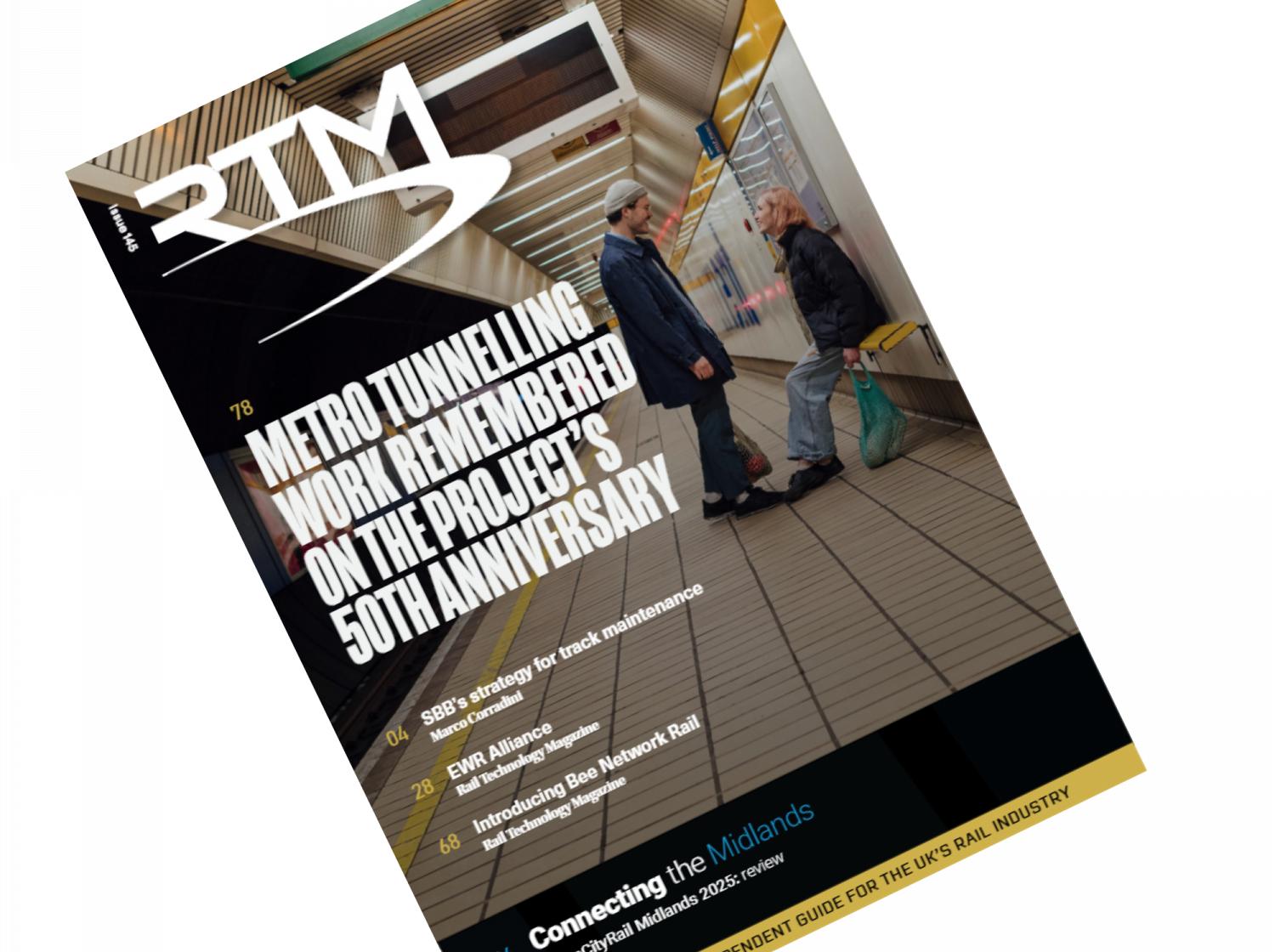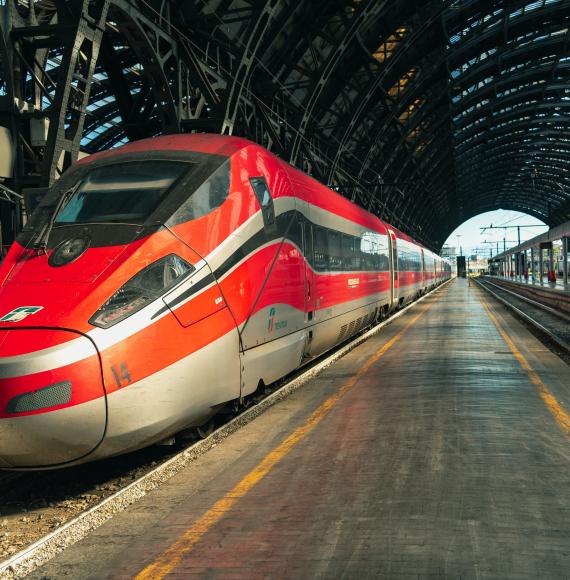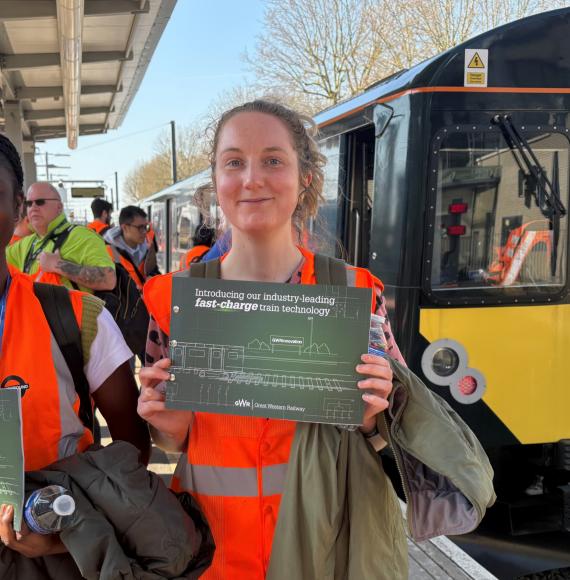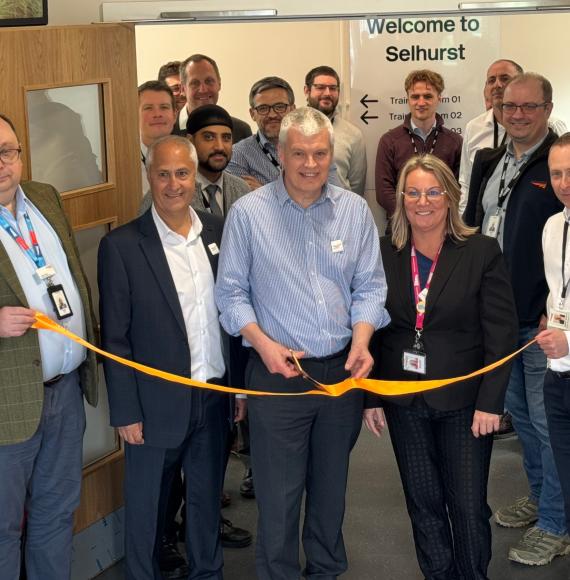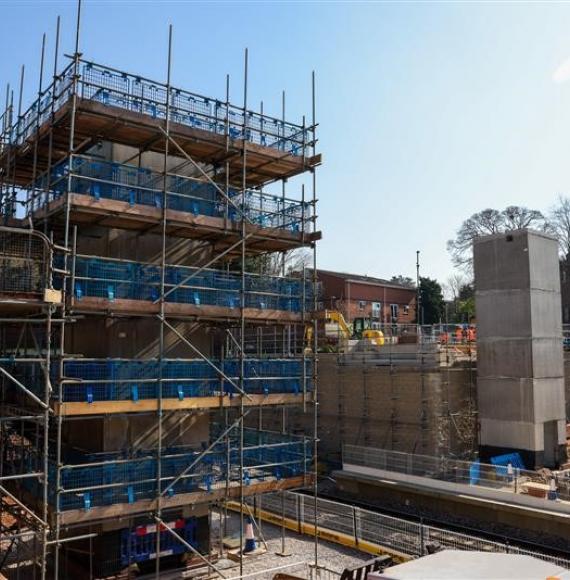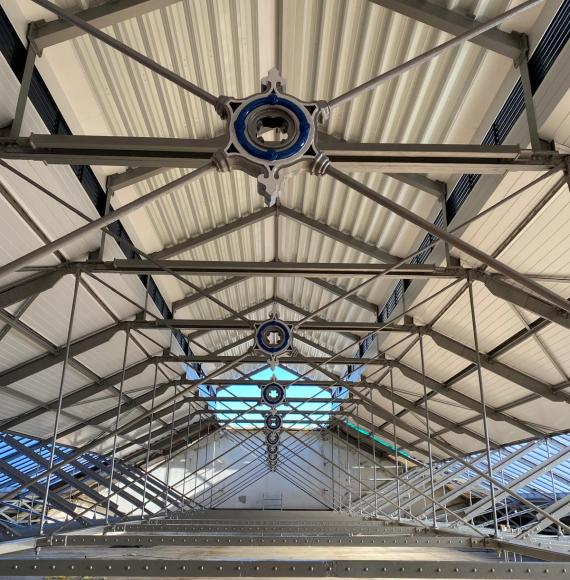A collaboration between Network Rail, Newcastle University, Met Office and MetDesk has emerged, with ambitions to run a Weather Academy pilot programme that will deliver innovative new ways of creating a safer and more reliable network for passenger services running through adverse or extreme weather conditions.
This contemporary programme will bring together experts across the rail sector, seeing the amalgamation of rail operations staff, asset engineers and meteorology experts. Following the recommendations of world-renowned meteorology expert Dame Julia Slingo, Professor Paul Davies (Met Office) and Professor Hayley Fowler (Newcastle University) on how the railway could better manage weather and climate risk, this collaborative force is working to mitigate against the impact of adverse weather conditions that can present dangers to passenger and freight travel.
Staff from Network have worked through practical case studies, interactive tuition and scenario-based exercises to improve the management of weather risks, equipping them with the requisite skills to improve the management of these risks. After the success of this workshop, further are being planned to be integrated into staff training next year.
Matthew Shelton, Network Rail Asset Engineer said:
“I found the workshop illuminating, fascinating and extremely useful. The level of information provided enhanced my knowledge and broadened my understanding of several critical areas of the business. I will be a more effective, more aware and more empathic risk manager as a result.”

As part of this commitment to safe and reliable passenger services, Network Rail have incorporated this approach of weather maintenance as a key pillar for its’ Environmental Sustainability strategy. Network Rail also announced in July that a new extreme weather taskforce was being launched following the unprecedented weather conditions this summer.
The increase to more frequent and extreme weather conditions, as seen in the recent heatwaves throughout the summer, means that the ability to run the railways safely and on time is becoming increasingly difficult. Railway assets must become more resilient to combat these risks, embedding infrastructural innovations to be designed, built, operated and maintained in contemporary measures that will future proof railway stability.
The specialist taskforce will consider four key areas, each led by an independent expert in their field, with three of these areas including gathering insights from other countries and making comparisons with international rail networks that are more used to dealing with extreme heat and fluctuations in temperature.
Dame Julia Slingo, lead author of the Weather Advisory Task Force report, said:
“This is a landmark event. This is the first time, in the transport sector at least, that we got people together to think about how you manage the considerable risks to operations that you face from adverse weather and related hazards.”
Want to know more about the opportunities to become a key supplier to the UK rail industry? Attend TransCityRail and access an exclusive marketplace of buyers from Network Rail, HS2, Train Operators, Major Contractors, and all other tiers of the supply chain. For more information and to secure your place click here.



